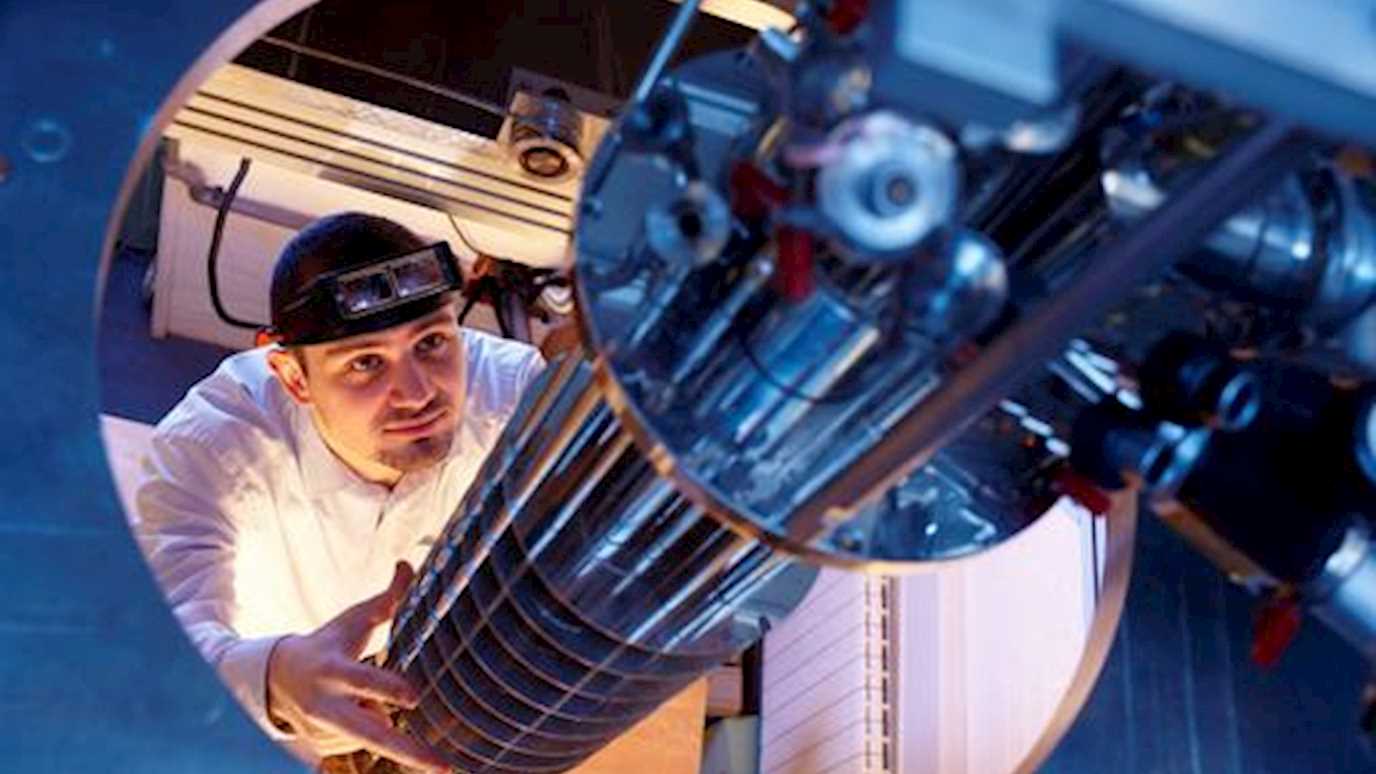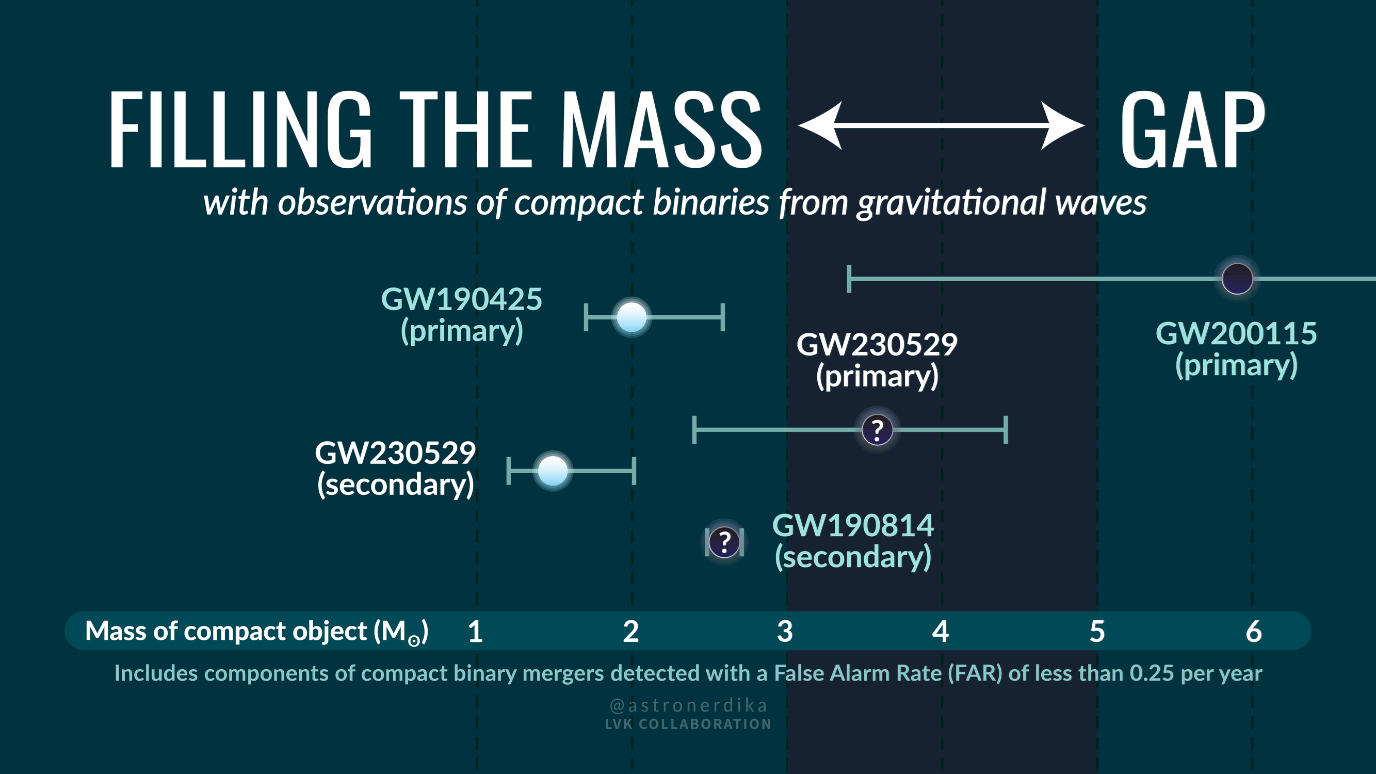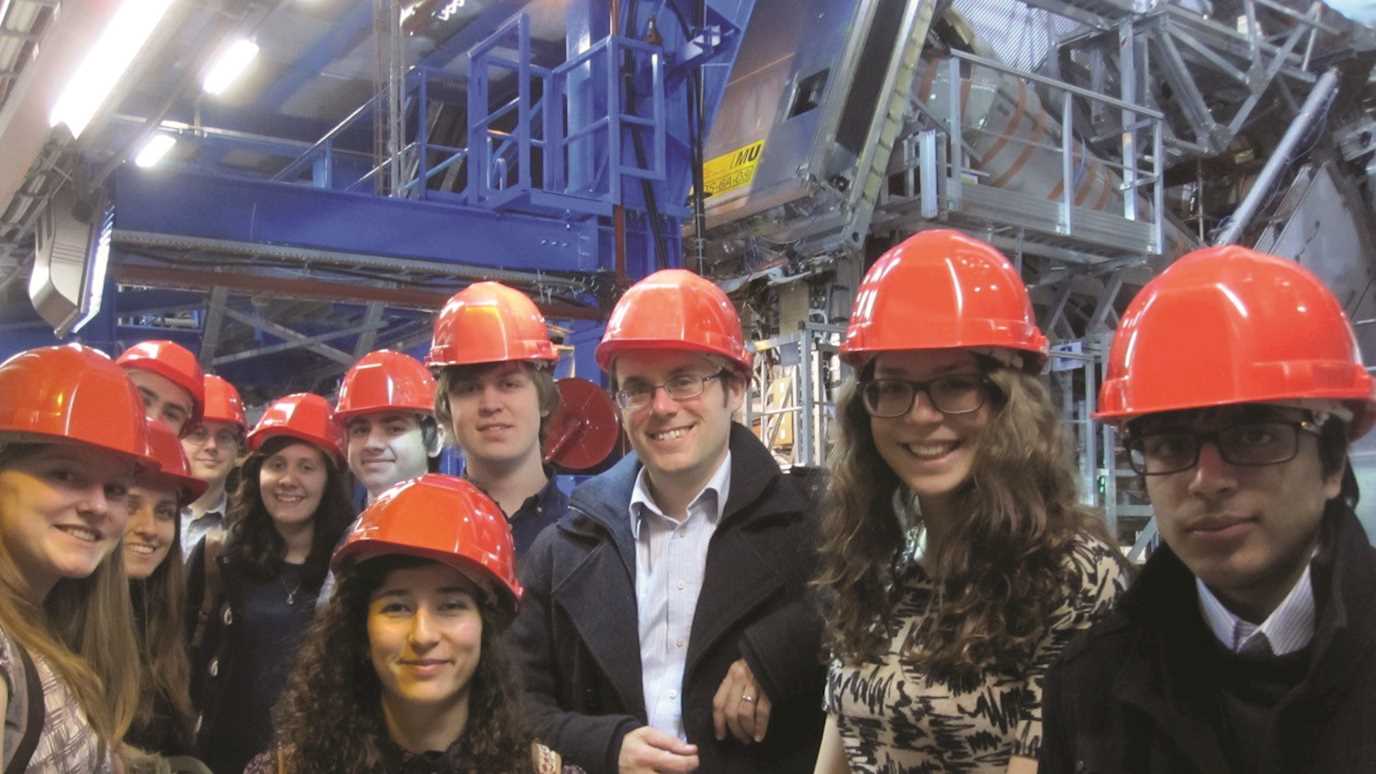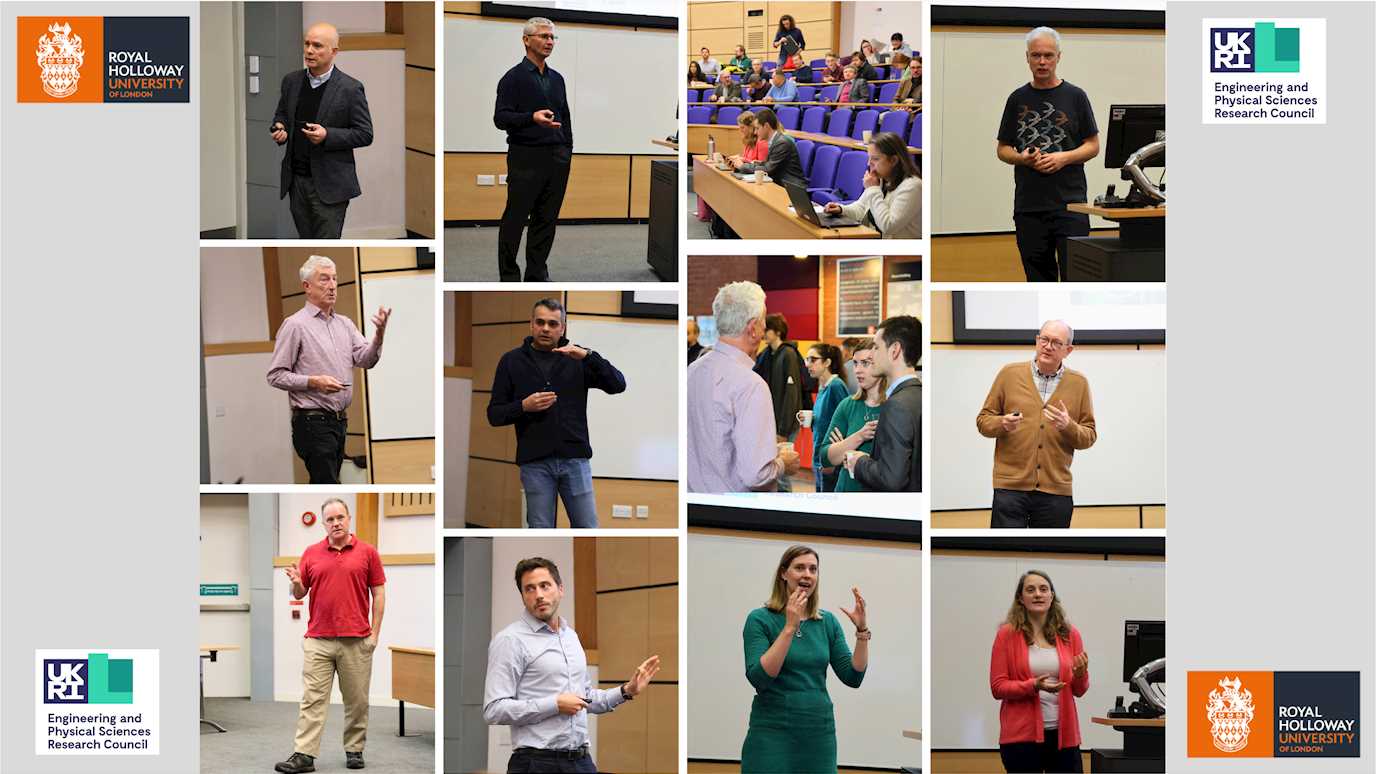A new partnership between the United States and United Kingdom will share expertise and capabilities in the emerging field of quantum information science, leading to new quantum devices, insights into their performance, ways to harness quantum information and discoveries in fundamental physics.

Royal Holloway performs cutting-edge research in quantum and hosts the London Low Temperature Laboratory.
Research will be conducted under the Superconducting Quantum Materials and Systems Center, SQMS, hosted by the U.S. Department of Energy’s Fermi National Accelerator Laboratory, with the UK National Physical Laboratory and the Department of Physics at Royal Holloway.
Quantum information science seeks to harness the behaviour of quantum mechanics to process information in new ways, develop ultra-sensitive detectors and much more. Under these new collaborations, researchers will investigate the following: losses of quantum information in quantum computing devices, new systems based on quantum technologies to search for new particles, new quantum algorithms, and the performance and fundamental limits of quantum computers.
Quantum devices need to be cooled down to prevent information from being obscured or lost by noise produced by heat. Making devices ultra-cold might lead to better device performance and new insights on how quantum devices behave and operate.
Royal Holloway performs cutting-edge research in quantum and hosts the London Low Temperature Laboratory. Researchers at Royal Holloway Physics Department have experience cooling quantum devices down to the microkelvin range, or millionths of degrees kelvin. This temperature regime is much colder than where researchers typically operate devices, which are the millikelvin range or thousandth degrees kelvin.
“What my group brings to the table is expertise in low-temperature physics into the microkelvin regime,” said John Saunders, Professor of Low Temperature Physics at Royal Holloway and a SQMS Center advisory board member. “For approximately the last 10 years, we’ve been working on developing new low-temperature platforms and working on cooling down quantum circuits and quantum materials to the lowest possible temperatures. We are very interested in cooling them down to ultra-low temperatures to see how they behave.”
This expertise in low temperatures at Royal Holloway complements the National Physical Laboratory’s capabilities, to further advance quantum research to enable this emerging technology. Alexander Tzalenchuk, Head of Science, Quantum Technologies at NPL, and Professor at Royal Holloway commented: “We strive to understand and mitigate noise in superconducting circuits, which affects their ‘quantumness.’ We also work on algorithms and developing technologies that enable scalable quantum computing in the future. This formal collaboration is one of the first examples where the two countries can work together on closely aligned projects, which is enabled by the joint statement”.
The partnership with the SQMS Center to increase cooperation in the field of quantum information science between the US and UK governments is an outcome of a November 2021 joint statement that emphasizes the importance of growing an ecosystem of international partners with shared values. The statement also highlights the impact of quantum technology on global health security, climate change and efficient resource use.
“Our new UK partners bring unique characterization techniques that complement the SQMS Center’s strengths,” said Anna Grassellino, director of the SQMS Center. “This partnership advances the center’s mission of identifying and overcoming fundamental obstacles that interfere with quantum device performance, while also finding ways to use quantum devices to harness quantum information and perform physics and sensing experiments.”
Scientists will use quantum computers to manipulate qubits — the basic building block of information used by quantum computers — to perform calculations that would be practically impossible for classical computers when the machines are fully realised.
Sir Peter Knight, chair of the UK National Quantum Technologies Programme and SQMS Center advisory board member said, “The areas the SQMS Center focuses on are building high-quality superconducting qubits and looking at ways in which this will scale for both quantum computing and fundamental physics.”
“Superconducting qubits can be used as a quantum computing engine, but equally in the other direction for dark matter detection,” said Knight. “Quantum has become a major part of the scientific adventure that everybody wants to participate in, and SQMS is going to be a beacon of getting stuff done. NPL and Royal Holloway researchers are excited to become collaborative SQMS Center partners.”
Ends
The Superconducting Quantum Materials and Systems Center at Fermilab is supported by the DOE Office of Science. It is one of the five U.S. Department of Energy National Quantum Information Science Research Centers. Led by Fermi National Accelerator Laboratory, SQMS is a collaboration of partner institutions—national labs, academia and industry—working together to bring transformational advances in the field of quantum information science.
See also : US and UK team up to advance quantum information science
























